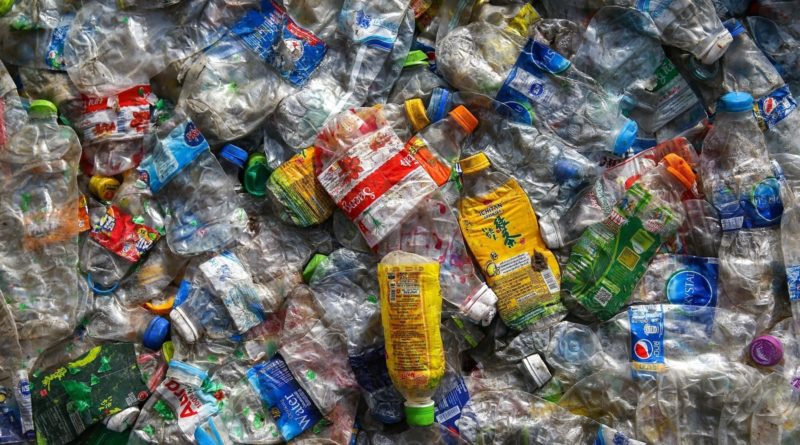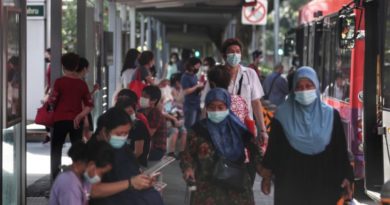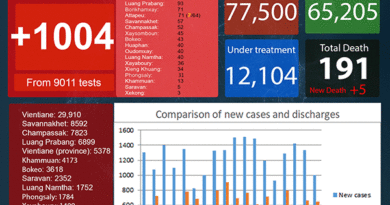ASEAN: MANILA – Asean moves towards plastic reduction
The ASEAN Centre for Biodiversity (ACB), with headquarters in Laguna, said member states are exerting full force in their efforts to reduce plastic waste in their own countries.
“The Centre joins the movement against the use of plastics, and supports the member states’ initiatives in banning plastic use, and strictly implementing waste management laws and policies,” executive director Theresa Mundita Lim said.
The ACB first regulated the use of plastic bags and prohibited the use of plastic straws, plastic cups and plates in the country, a policy being replicated in towns and cities.
.
Just this month, the Department of Environment and Natural Resources urged the public to avoid using disposable plastic products that clog waterways, cause ocean pollution, and poison marine species.
“Plastic, particularly those for single-use packaging, has greatly contributed to the degradation of the environment. Plastic pollution continues to poison our oceans and injure marine life. When not properly disposed, they clog waterways and cause flooding,” Environment Secretary Roy Cimatu said.
Brunei targets to stop the use of plastic bags in supermarkets by 2019 while Malaysia, Myanmar and Indonesia implement bans and taxes on the use of plastic bags.
Cambodia and Laos also encourage the public to use recyclable bags being sold in downtown cafes and markets.
Singapore will likewise ban plastics for dine-in customers this year while Thailand continues to campaign on promoting the importance of reducing the number of plastic bags to lessen the harmful effects to the environment.
Large businesses and enterprises in Vietnam also introduced eco-friendly bags for shoppers, and the government imposes environment tax on plastic bags.
This year’s World Environment Day theme is “Beat Plastic Pollution” as plastics continue to pose greater threats to biodiversity and environment.
Every year the world produces around five trillion plastic bags, or about 700 bags per person.
“These bags which are usually utilized in just a few minutes or hours, take centuries to decompose. Before being decomposed, these wastes pile up in our lands and are easily washed up into our streams, and rivers until they reach the oceans; polluting our waters, destroying aquatic habitats, and eventually kill marine species,” Lim said.
“The problems caused by the proliferation of plastic waste include: clogging of waterways causing serious flooding and landslides; health problems due to the ingestion of harmful chemicals like benzene and styrene; loss of marine biodiversity caused by water pollution; air pollution by burning plastic wastes, and economic damage to marine ecosystems,” she said. / Louise Maureen Simeon (The Philippine Star) – July 5, 2018 – 12:00am
.
 All photographs, news, editorials, opinions, information, data, others have been taken from the Internet….. For comment: The Sanitary Engineer @gmail.com | Contributor – To GMail, Facebook and Twitter
All photographs, news, editorials, opinions, information, data, others have been taken from the Internet….. For comment: The Sanitary Engineer @gmail.com | Contributor – To GMail, Facebook and Twitter









